When you're buying a new CPU, what should you focus on: spec sheets or reviews & benchmarks? The answer lies somewhere in between. Of course, you should refer to third-party reviews before making a purchase decision, especially since there's a lot of reliable content available these days. However, looking at some crucial specs is also necessary to avoid making a bad decision.
That said, not every feature marketed by Intel and AMD makes sense for your use case. Most users simply need a decent CPU within their budget that can keep up with their graphics cards and offer decent overall performance. In that case, things like PCIe 5.0 support, NPUs, and high core counts don't really offer much to the majority of users.
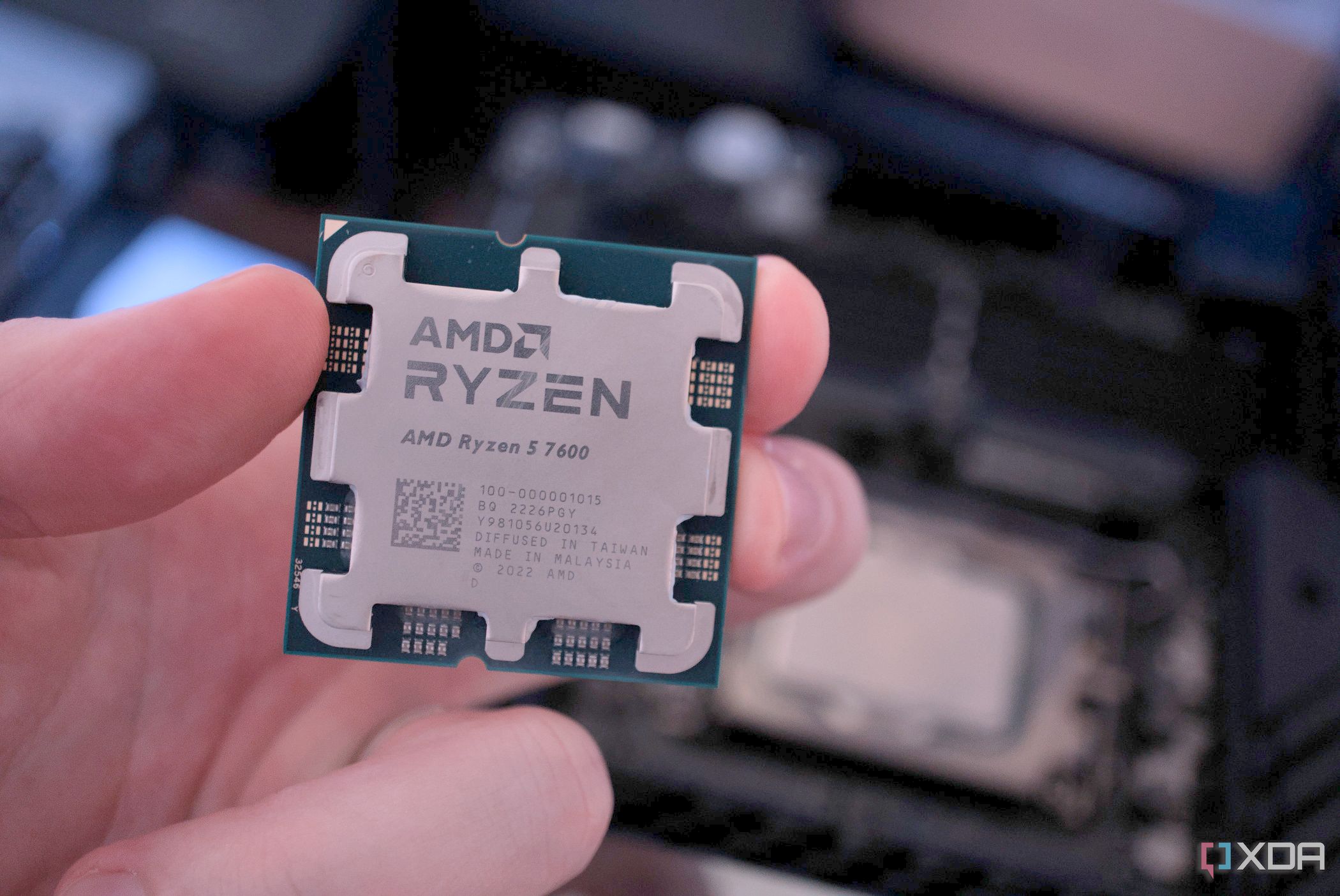
Related
4 CPU specs that actually matter (and 3 you can ignore)
Not every item on the CPU spec sheet deserves your attention
5 Unlocked multiplier
Overclocking is dead
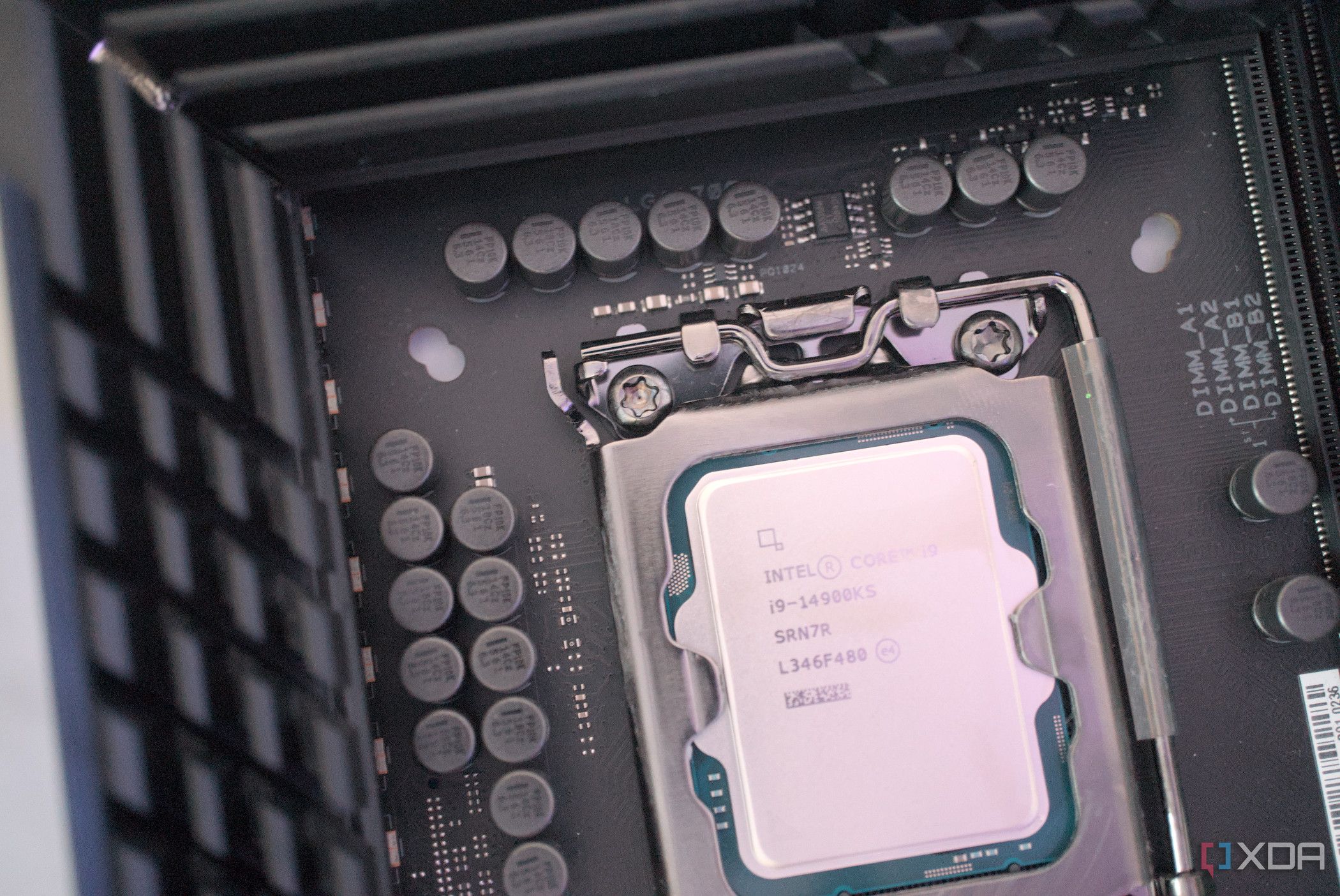
The word "unlocked" might signal a treasure trove of untapped performance on a CPU, but this is becoming increasingly incidental to modern processors. An unlocked multiplier on a CPU means you're free to overclock it — increasing the clock speed past the factory setting determined by the manufacturer. CPU overclocking, however, stopped being relevant a while ago, considering modern chips come out of the factory nearly maxed out.
The gains an average user can derive from overclocking are pretty slim and usually offer no tangible benefits in gaming or other common workloads. Plus, with the kind of power consumption and cooling needs of some high-end CPUs, serious overclocking can get pretty complicated. The hassle is certainly not worth it, and most users can safely ignore whether their shortlisted CPU has an unlocked multiplier or not.
4 Integrated graphics
Not a deal-breaker
Integrated graphics on a CPU don't usually matter to gamers who are buying a discrete GPU anyway. The onboard graphics will be swiftly disabled and never touched again. Sure, in the rare event that your graphics card develops a serious fault, integrated graphics can help you confirm whether you need a GPU replacement. That alone, however, does not make this extra feature stand out.
You might say that opting for a CPU variant with an absent iGPU doesn't save you much, but $50 can be significant for someone on a tight budget. It can be the difference between a cheap-looking and premium case, or go toward picking a significantly better power supply. Almost all modern chips come with integrated graphics, but unless you're building with an APU, they shouldn't factor into your decision.
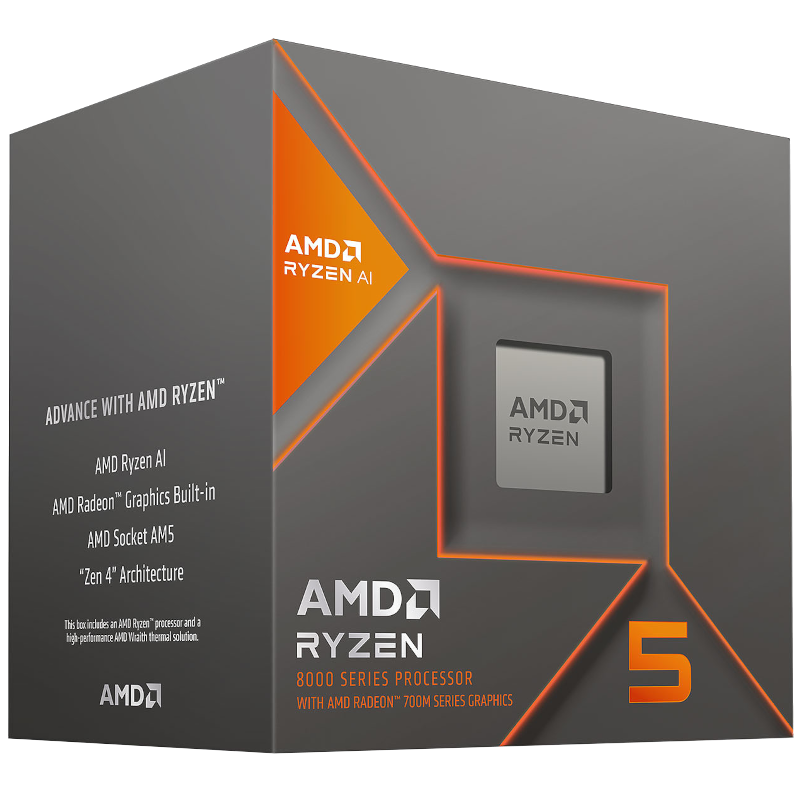
AMD Ryzen 5 8600G
$181 $189 Save $8
The AMD Ryzen 5 8600G is an affordable APU with integrated graphics processing. This allows you to play games without a dedicated GPU with good results at 1080p.
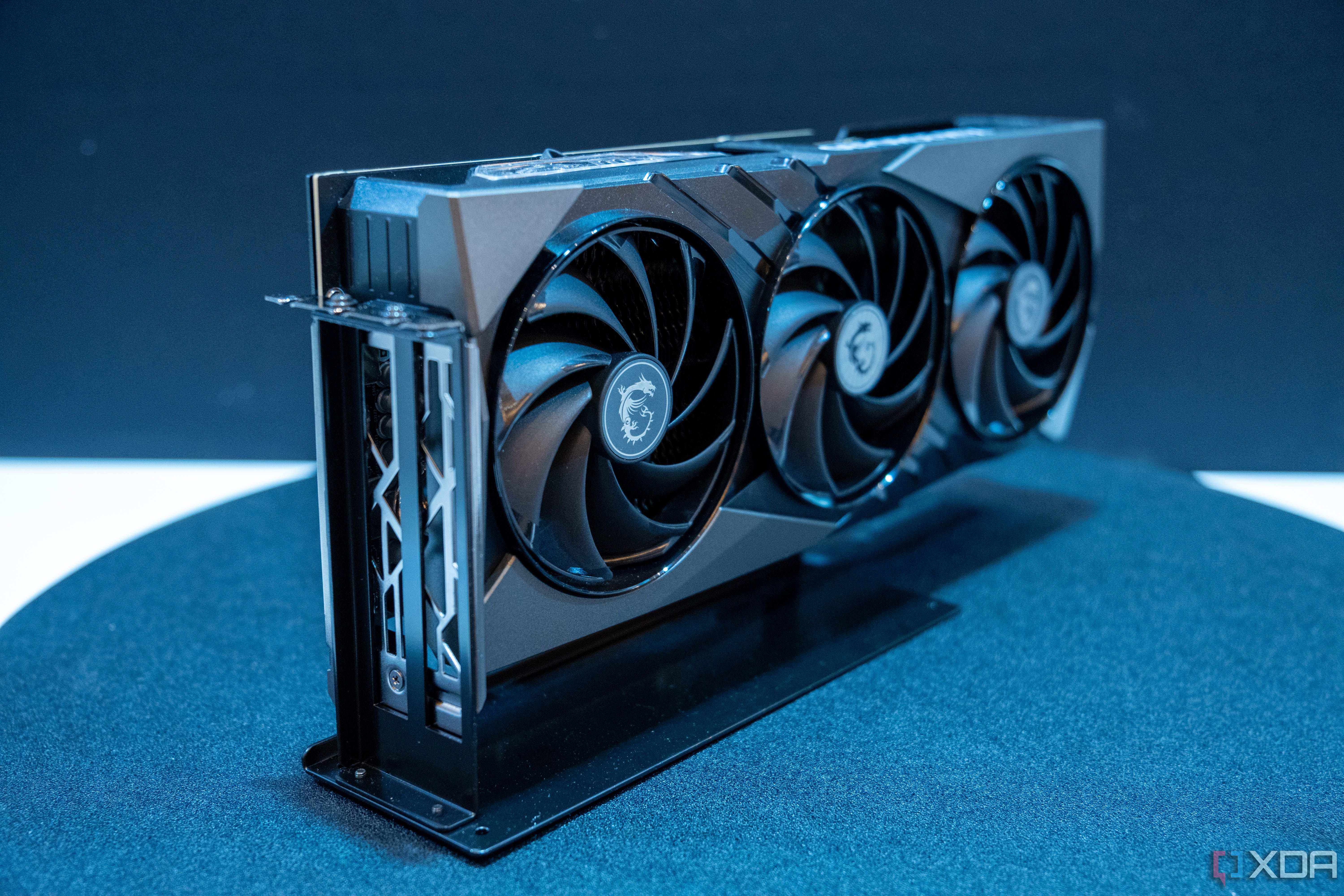
Related
Do you really need a dedicated GPU?
Dedicated GPUs offer the best graphical fidelity for demanding applications. But not every workload can justify them.
3 PCIe 5.0 support
You don't really need the latest
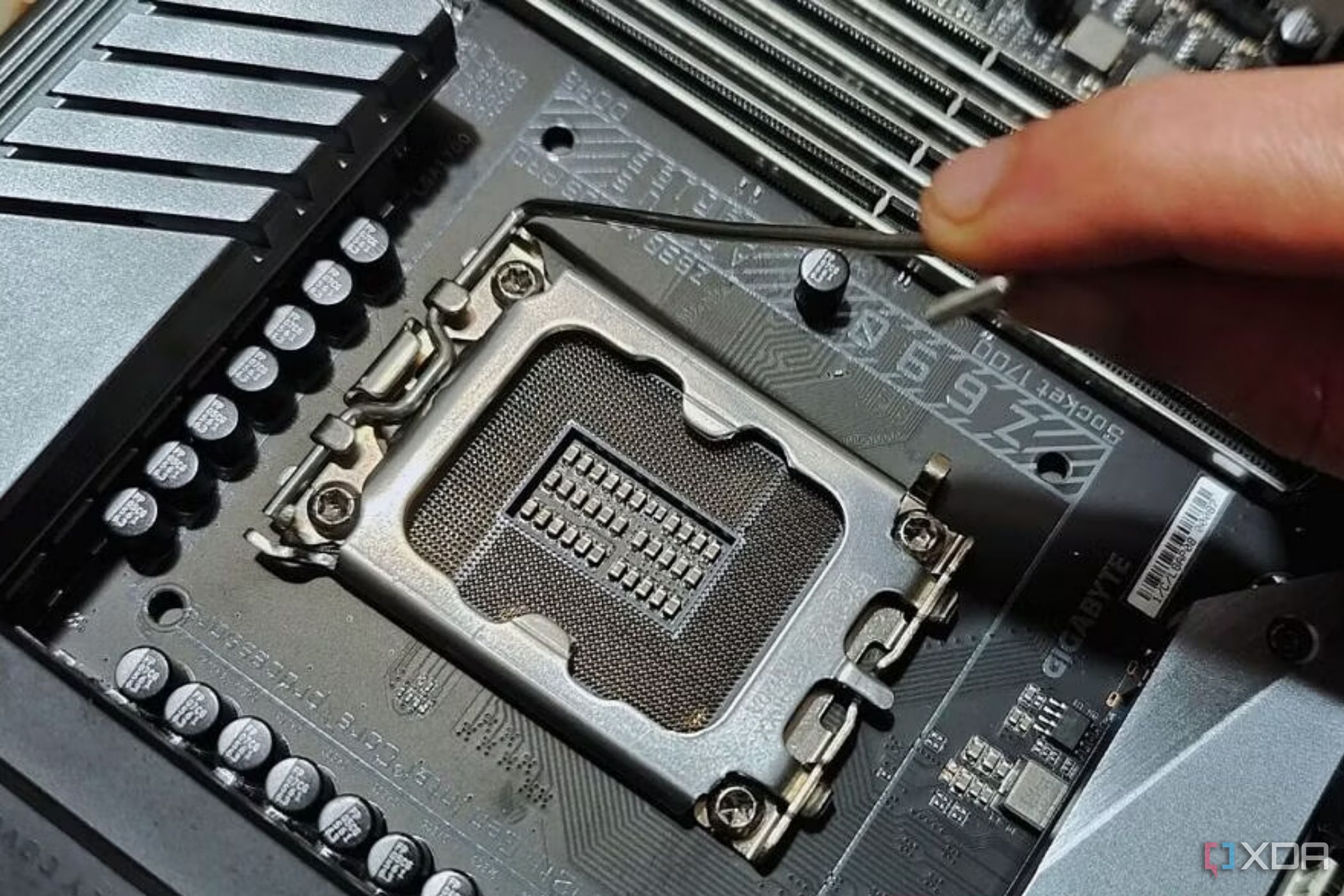
PCIe 5.0 has quickly taken over modern PC hardware. It looks great on paper to have a CPU that supports the latest PCIe generation, and you can finally use a PCIe 5.0 graphics card and Gen5 SSD with it. However, do any of those things actually matter in terms of real-world performance? Your PCIe 5.0 graphics card, provided you manage to get one, will offer the same performance on a PCIe 4.0 or even PCIe 3.0 slot.
And a PCIe 5.0 SSD, while claiming sky-high read/write speeds, will not improve your boot times, loading times, or gaming performance compared to a Gen4 SSD. So, if your CPU doesn't support PCIe 5.0 — it could be an AMD AM4 chip — you're not missing out on much. Overvaluing this feature while considering an upgrade isn't wise right now. PCIe 5.0 will become indispensable in time, but we're still a long way from that.
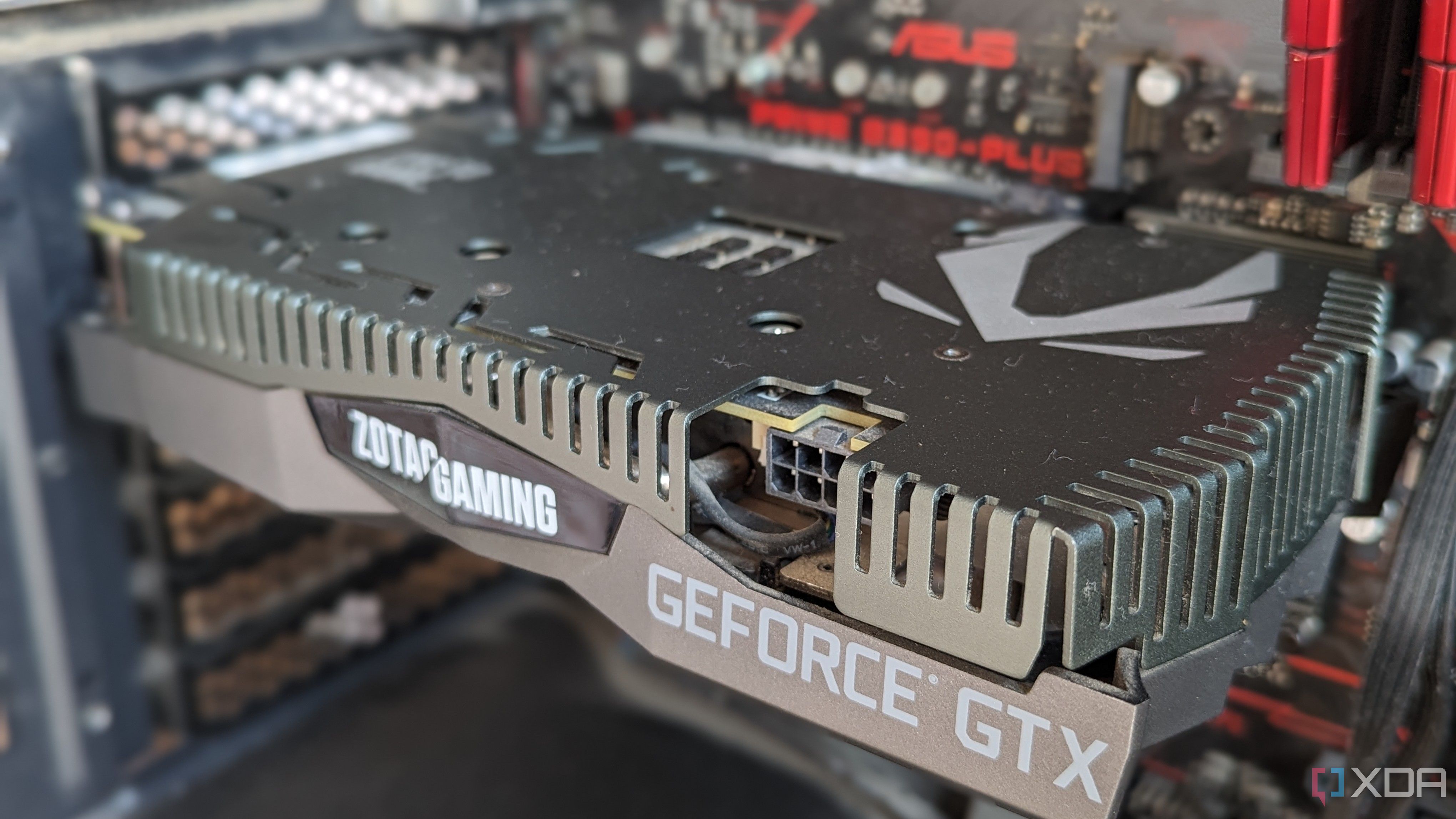
Related
4 reasons PCIe 5.0 still doesn't matter for most people
If you've been wondering whether your GPU uses PCIe 5.0 or you want an SSD that supports it, here's why it doesn't matter.
2 Neural Processing Unit (NPU)
Aah, the mandatory AI feature
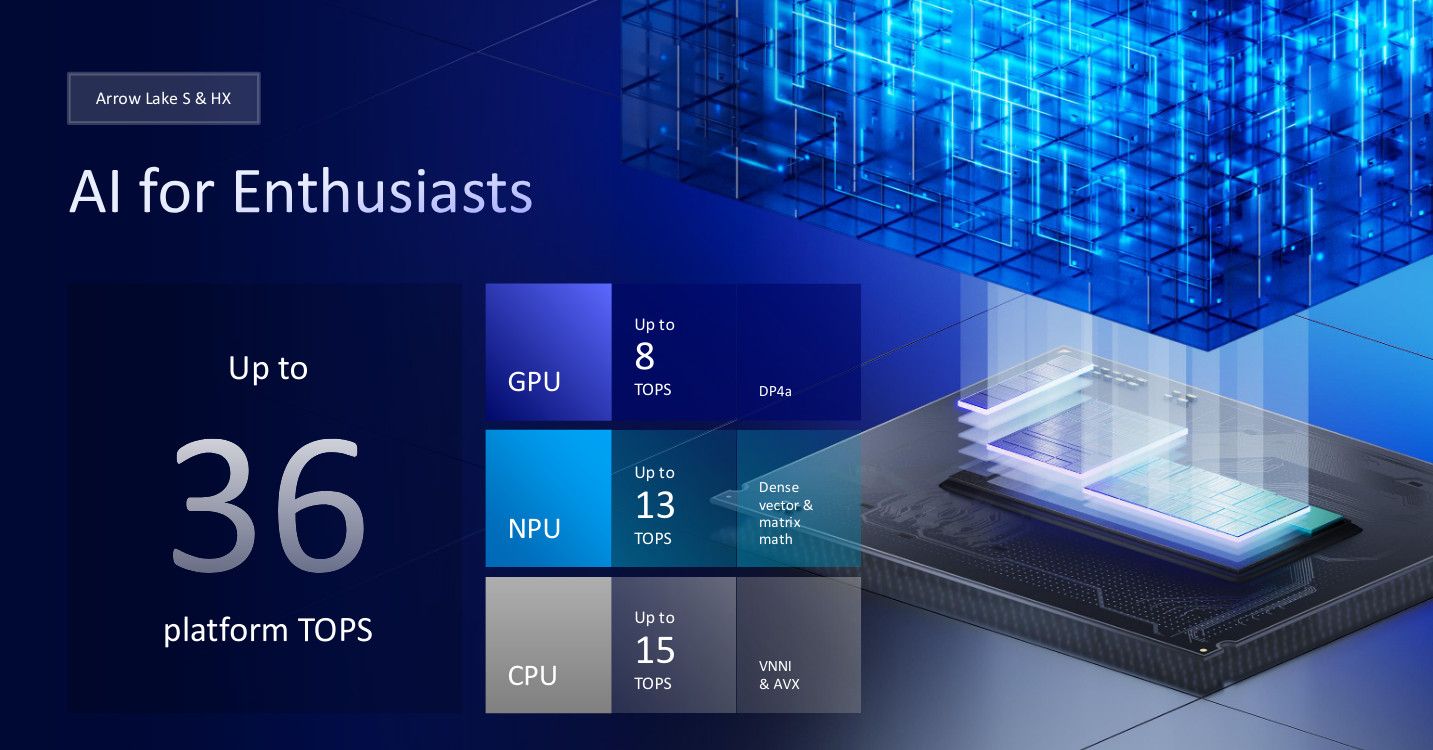
For better or worse, AI has seeped into your CPUs as well. The latest Intel Arrow Lake desktop and AMD Ryzen AI 300 laptop chips have dedicated AI silicon called a Neural Processing Unit (NPU) to accelerate AI workloads. While it's good to have the latest hardware on your desktop or laptop processor, benefiting from it is currently not that simple.
NPUs are mostly a laptop thing right now, helping people with AI image generation and LLM interactions. On desktops, intensive AI workloads are still better suited to dedicated GPUs. And on either platform, most users aren't dying to use powerful NPUs to "accelerate AI workloads." Most people need a chip that is fast, efficient, and cost-effective for the most popular use cases. AI workloads, sadly, aren't on that list yet.
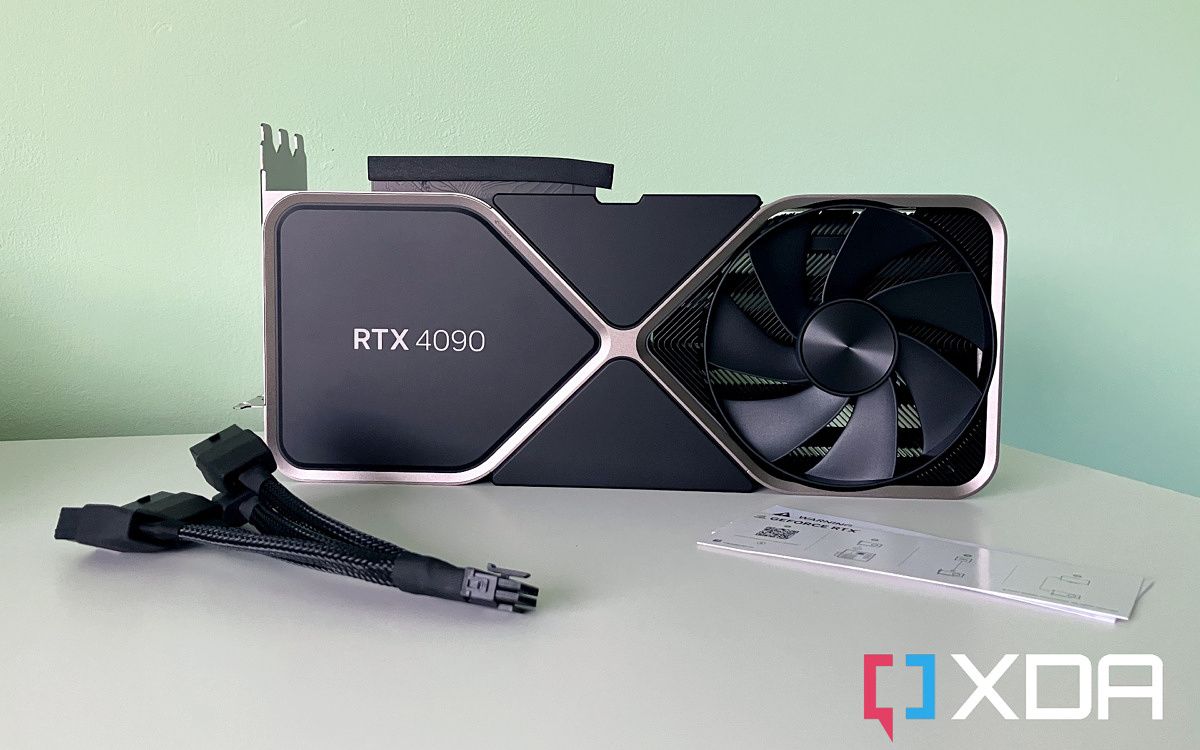
Related
Your GPU is a perfectly good NPU, so why do we need NPUs?
While GPUs are very powerful, they're a bit overkill for some AI workloads.
1 A high core count
6 cores are all you need
Finally, CPUs with 8 cores, 12 cores, and 16 cores might sound way more impressive than regular 6-core chips, but the benefits for most users are pretty slim. Consider this: you're building a gaming PC for under $1,500 and need a CPU that can keep up with your mid-range graphics card. How much do you have left, realistically, for a CPU? With some back-of-the-napkin calculation, I reckon you can't spend over $250 on the processor.
This is why 6-core CPUs are the best fit for the majority of users building a modern rig. Chances are you don't need workstation-grade chips, and 6-core CPUs strike a great balance between price and performance. And they don't really bottleneck high-end GPUs either, not to any significant extent. Except for 8-core Ryzen X3D CPUs that deliver a huge boost in gaming, even 8-core CPUs are irrelevant for the majority of users. Plus, even those X3D chips need high-end GPUs if you really want to make the most of your costly investment.
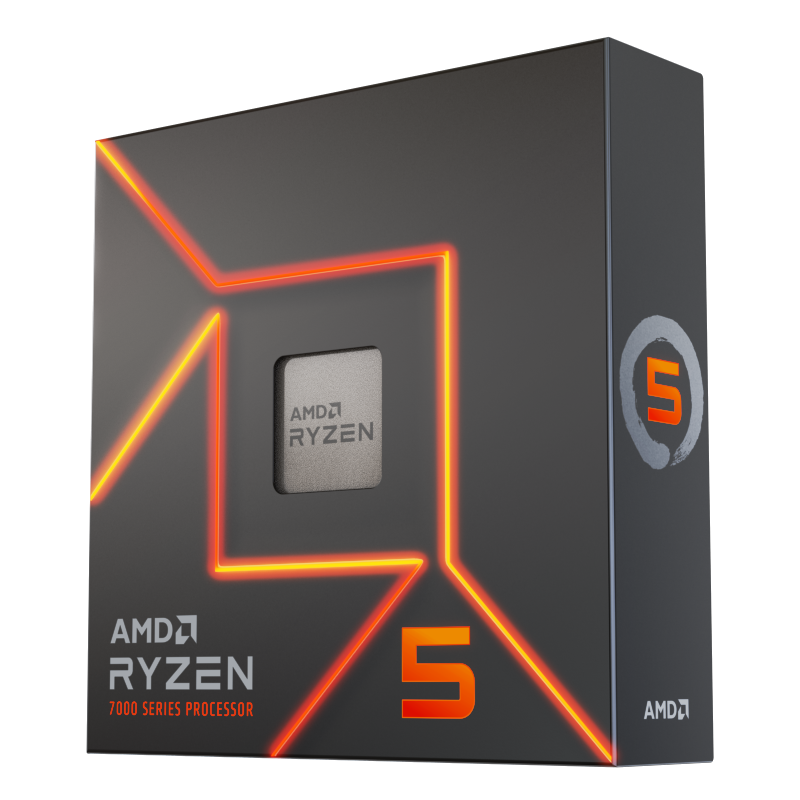
AMD Ryzen 5 7600
AMD's Ryzen 5 7600 is a 6-core processor, offering great price-to-performance. Capable of boosting up to 5.1GHz, this 65W chip is a mighty package with an efficient architecture for a killer PC build.
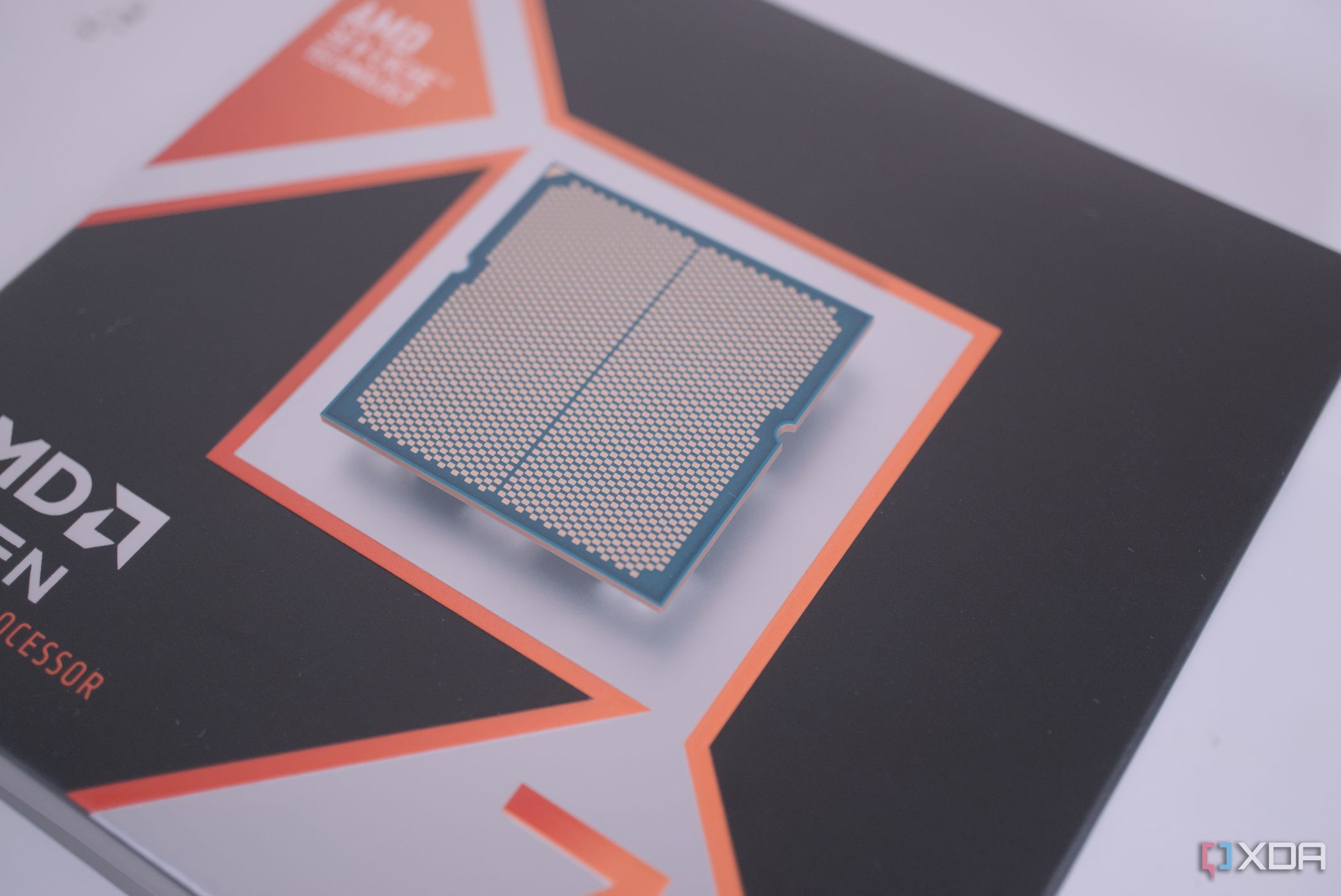
Related
6 reasons CPU cores don't matter anymore
Core count is an indicator of CPU performance, but it's not as important as it used to be.
Many CPU features are simply there for upselling
Buying a CPU should not be hard. After all, you can simply watch out for reviews and benchmarks and make a decision without ever reading a spec sheet. However, CPU manufacturers will always try to sway your decision by marketing features that don't add anything to your workflow. Whether you're a hardcore gamer or work-from-home professional, you don't need high core counts, NPUs, PCIe 5.0 support, or unlocked multipliers. Power users and enthusiasts can certainly make use of these features, but they aren't the majority.
.png)
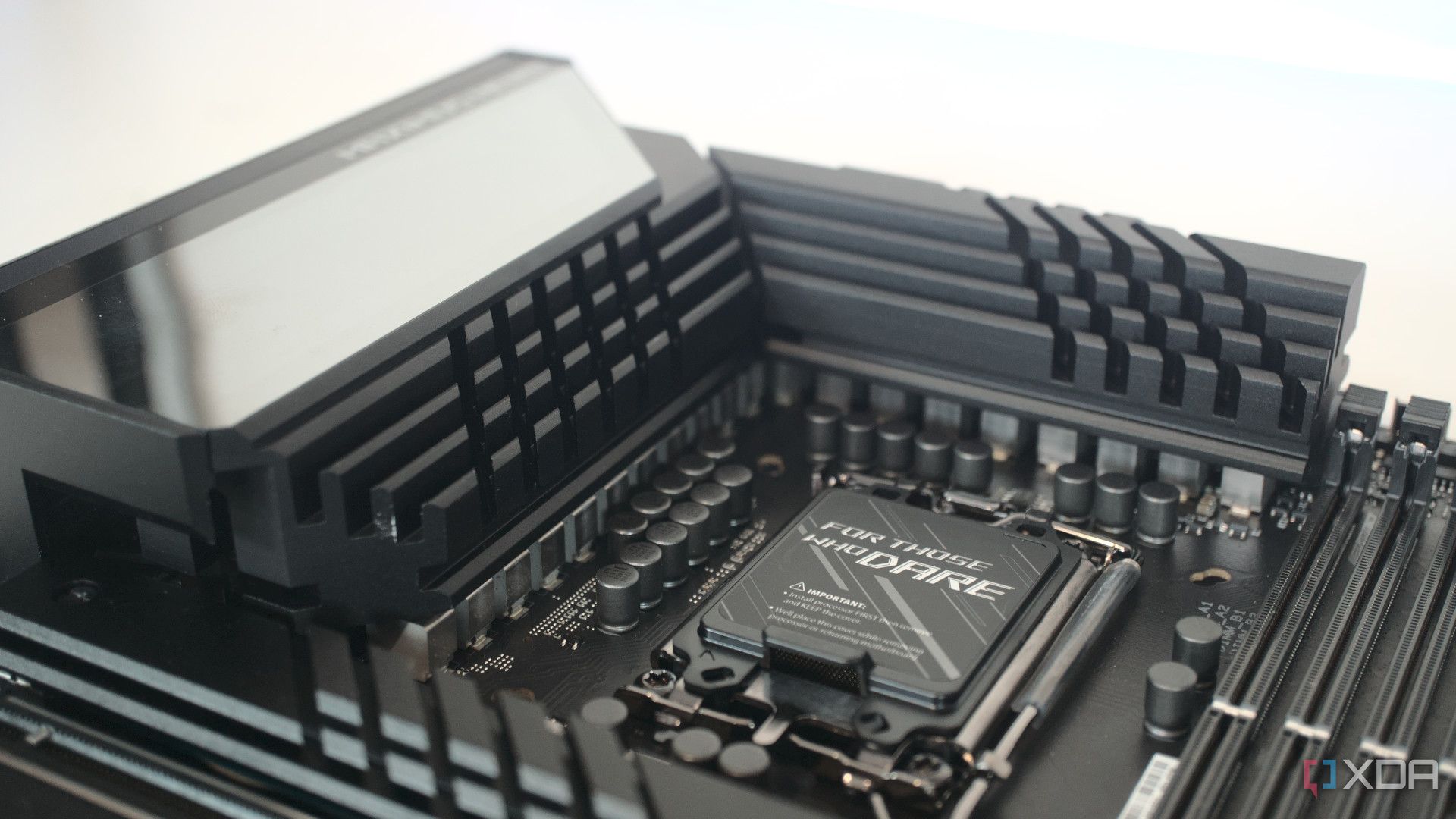










 English (US) ·
English (US) ·